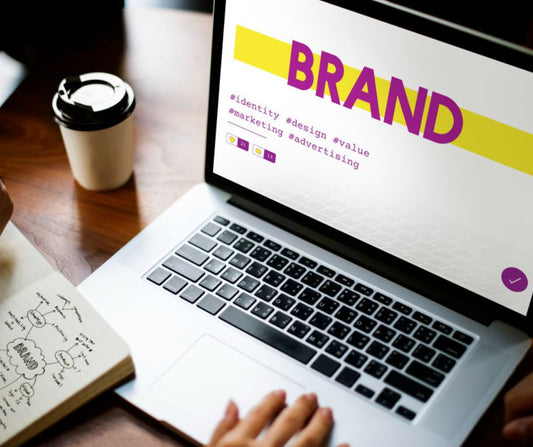Changing your brand name

Is your company considering a change in its brand name? Would the brand name change make a difference to the marketing of the company’s products? How necessary is the brand name change for your company’s positioning and awareness in the consumer’s minds? Would the brand name change also change the meaning of the brand in terms of how consumers have always perceived?
There are so many questions that a company has to consider before changing its name as the name itself is packed with meaning. Inarguably it is the most primary component of your organization. Brand name sends a message about your product as it happens to be the first thing you mention when you talk about your company.
Therefore, unless you have the following reasons for a change in brand name, we would suggest you reconsider:
1. Conveys a deeper meaning or strategy

A good example to illustrate this strategy is of the infamous Google. When Larry Page and Serge Brin created world’s number one search engine in Stanford, they named it as “BackRub”. However, in 1998, they renamed their business and technology to “Google”, which had a meaningful approach. “Google” is derived from “googol” that refers to a mathematical term for the number represented in by the numeral 1 followed by 100 zeros, which reflects their mission to systematize a seemingly infinite amount of information on the web.
2. Change in industries or products

When you started at a point and expanded to a different market or diversified your products, the old name might not serve the purpose especially if the name only mentions the work you do. For example, Apple was name Apple Computers, back in 1976, when Steve Jobs, Ronald Wayne and Steve Wozniak found it. Nevertheless, in 2007, Steve Jobs announced that they dropped the word “Computer” to demonstrate that they moved into a wider field of consumer electronics like Apple Tv, iphone and ipod.
3. Conflicting name

To elaborate this, let’s take an example of Budweiser. The competing Budweiser brands from the United States and the Czech Republic have been under legal disputes over naming rights in countries all over the world. The reason is, majority of Europe Budweiser is named Czechvar and in the U.S. and Canada, Budweiser is called Bud.
4. Keeping up with the trends

Companies have to constantly adapt with the changing trends of the market and to keep itself updated now and again. Wal-mart Stores, for example is one of the largest retailers in the world with a huge chain of stores is now changing its name to demonstrate its increasing emphasis on e-commerce. It’s getting rid of the hyphen and also drop off “stores “from its legal name to serve the purpose.
Thus, before you decide on the change of your brand name, consider the above stated aspects and have a clear strategy to fix only what’s broken.





